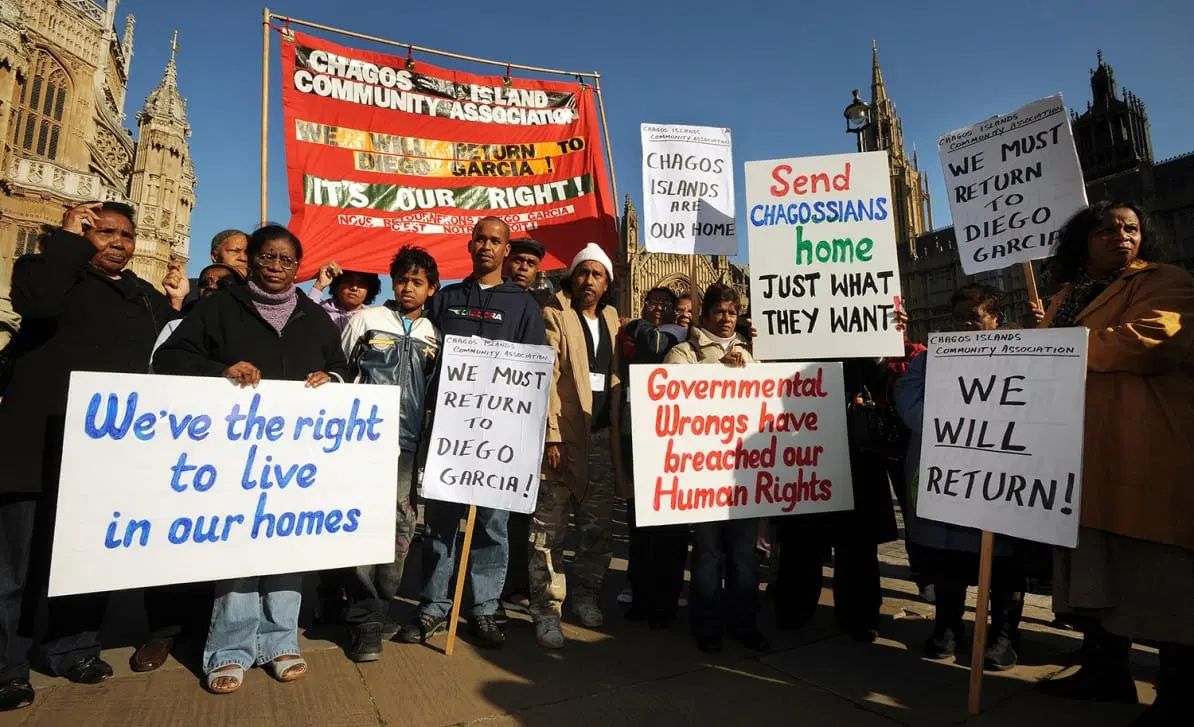Albert Memmi, anti-colonial sociologist who wrote "The Recognizable of the Colonized."
- One of the forgotten references of the anti-colonialism of 1960 just died at the age of 99: Albert Memmi, Tunisian of French origin. Memmi, Franz Fanon, Ernesto Che Guevara, etc., was one of the references of the young generation that in 1960 brought a new breath to nationalism from the left. Txillardegi translated to the Basque his most famous work, "Portrait du colonisé".

In Euskal Herria, the death of Albert Memmi has gone unnoticed, probably because almost nobody remembers that it was him and less imagining that at 99 years old man could live. Beñat Oihartzabal, with a clear memory of the 1960s and 1970s, has made the news known to us with the obituary 'Albert Memmi gogoan' which he wrote in Enbata.
Oihartzabal (translated from French) says: "At that time of the anti-colonialist struggle, some of Memmi's books, in particular The Recognizable of the Colonized", published in 1957, studied the psychological mechanisms conditioned by the social, political, ethno-religious or rational elements of a colonial situation as Fanon's mechanisms in the year after the outbreak of the rebellion in Algeria.
This influence was not limited to the geopolitical contexts of the liberation struggles in Africa and especially in the Maghreb. It was also explained in other political contexts very different from those in Africa, such as the liberation struggles in Euskal Herria or, in North America, in Quebec.

As for Euskal Herria, I witnessed the impression given by the portrait he made of the colonization of this sociologist by many of my fellow militants, like me. It was made of the psychological and cultural rigour that the young Euskaldunes at the time could think that their portrait represented the 'alienated' or 'unconscious' generation of our parents and grandparents (so we called it then with a point of pride)."
Then he used the pseudonym 'Larresoro' (to pass the Francoist censorship) Jose Luis Alvarez Enparantza Txillardegi translated to the Basque Country Memmi's best-known work and published in Jakin in 1974, which today can be read in full on the Internet: "Recognizable from the colonized."
Echoes have given us two possible reasons for Memmi to have fallen into oblivion during these years or those who have participated in anti-colonial struggles (the third, the most obvious, is the gap in the chain of historical memory between generations). On the one hand, for one part of the family, it was Jewish that Albert Memmi never refused Zionism, despite regretting the disagreements with the Palestinians. On the other hand, Tunisia had not been interested in returning to Tunisia after independence, while it had taken over French nationality and written in colonial language the honours of academic institutions in the metropolis.
The Centre Tricontinental has described the historical resistance of the Congolese in the dossier The Congolese Fight for Their Own Wealth (the Congolese people struggle for their wealth) (July 2024, No. 77). During the colonialism, the panic among the peasants by the Force... [+]
New York, 1960. At a UN meeting, Nigeria’s Foreign Minister and UN ambassador Jaja Wachucu slept. Nigeria had just achieved independence on 1 October. Therefore, Wachuku became the first UN representative in Nigeria and had just taken office.
In contradiction to the... [+]
Washington (EE.UU. ), 1807. The US Constitution banned transatlantic slave trade. This does not mean that slavery has been abolished, but that the main source of the slaves has been interrupted. Thus, slave women became the only way to “produce” new slaves.
So in 1845, in... [+]
It is no coincidence that Columbus Day, that of the Civil Guard and the Virgen del Pilar coincided on that date. The three represent oppressive structures (statue, army and church). On the other hand, there is indigenous resistance and population that the Spanish State... [+]
The name of the Txagos Archipelago is commonly known by crossword fans, and by very few more. If you mention the largest of these islands, Diego García, we would be a little more what we have said: the fame – not sweet – that has achieved the US military base that is there,... [+]
From the Mountain of Navarre, thousands of people took to America in the 19th century to survive in grazing or other activities. Historian Raquel Idoate recovers in her thesis the history of some 4,000 of them: how the trip was made, how they were invested in, roles about... [+]




















